 Cancer is a serious condition which effects over 300,000 people in the UK each year. It is a condition that causes cells in the body to grow at an unnatural rate. The cancerous cells can then begin to effect the healthy tissue and organs that surround it.
Cancer is a serious condition which effects over 300,000 people in the UK each year. It is a condition that causes cells in the body to grow at an unnatural rate. The cancerous cells can then begin to effect the healthy tissue and organs that surround it.
When a cancer begins in one part of the body and starts to spread, it is known as metastasis.
There are over 200 types of cancer so each person’s condition will require an individual diagnosis and treatment.
Signs and symptoms of cancer
If you spot something unusual in your body’s normal condition, it may be the early signs of a cancer developing. Typical symptoms include unusual bowel habits, bleeding or lumps suddenly appearing.
Many of these symptoms can be attributed to health conditions other than cancer. But if you spot any unusual developments it is important to consult a GP as soon as possible.
Follow this link for more information about spotting the signs of cancer.
Types of cancer
There are over 200 types of cancer and one in three people will develop a form of cancer at one time in their life. The four most common types of cancer in the UK are:
Breast cancer
Breast cancer usually effects women over the age of 50. If you are able to detect the symptoms early, breast cancer can be treated and prevented from spreading.
Lung cancer
Lung cancer is the most common form of cancer in the UK. It is difficult to spot lung cancer early. But once it develops, it can cause breathlessness, persistent coughing and coughing up blood.
Prostate cancer
Prostate cancer is a slowly developing form of cancer. Someone with the condition may not realise that they have it until it starts to affect their bladder functions. When a prostate cancer grows large enough, it will push against the urethra and prevent urine from passing correctly.
Bowel cancer
Bowel cancer usually starts to develop in the small intestine. Most people who develop bowel cancer is aged over 60. Symptoms can become apparent if you notice changes in your bowel habits or blood in your stools.
Reduce the risk of cancer
Improvements in diet and lifestyle can reduce the chances of you developing cancer. These are the most important examples of lifestyle choices that can help you stay free from developing the symptoms.
Healthy eating
It is important to retain a healthy balanced diet to reduce your risks of developing cancer. You should ensure that you eat a combination of food types on a regular basis:
- Starchy foods such as bread, rice, potatoes and pasta
- Lots of fruit and vegetables
- Protein rich foods such as lentils, fish and meat
- A moderate amount of dairy foods and milk
- Small amounts of fat, salt and sugar
A nutritionist can help you create a balanced meal plan based on your lifestyle.
Regular exercise
Regular exercise is one of the most essential lifestyle choices to help you reduce the risks of developing many illnesses including some cancers. Physical activity is also a mood enhancer, making you feel less stressful, more energetic as well as improving self-esteem.
Not smoking
Smoking can reduce your lung capacity by 10%. Having a maximum lung capacity will ensure that you continue an active life into your later years. When you stop smoking your blood circulation also improves which makes physical activity easier.
Half of long-term smokers die early. Smoking related diseases that develop in later years include chronic bronchitis, heart disease and lung cancer.
For more information about healthy lifestyles please follow this link.
Nutrition advice for Fighting Cancer
Establishing a good diet can keep you healthy and prevent some forms of cancer from developing. Diet is not directly a cause or cure for cancer but it can help to keep you strong and fit during treatment.
Some cancers can cause the body to become malnourished which means that it is unable to absorb the nutrients from the food that you eat. Malnourishment can lead to dramatic weight loss and a drop in energy levels.
Cancer treatments such as radiotherapy and chemotherapy can also make it difficult to eat properly. Some treatments cause nausea, loss of taste and smell, a sore mouth or swallowing and chewing problems.
It is recommended that cancer patients who find eating difficult adopt a diet that is high in energy yet low in physical quantity. Foods which are high in protein and carbohydrate can provide a good source of energy:
You can create fortified milk by adding 2 to 4 tablespoons of dried milk powder to a pint of full fat cream. It is a good idea to keep a jug of fortified milk available as a substitute for milk.
Breakfasts:
You can improve the energy levels of your breakfast by adding fortified milk to cereals, tea or coffee. You can add honey or syrup with cream to tea or porridge.
Lunches:
Nutritional energy can be added to lunches with the addition of mayonnaise to fillings such as boiled eggs or tuna. Ensure fillings are generous and use thickly sliced cheese. Add a generous layer of margarine or butter to sandwiches.
Evening Meals:
You may experience difficulties with swallowing or chewing following cancer treatments. Eating soups or casseroles can make eating a lot easier.
Add extra cream, butter and cheese to mash potato and when making sauces use full fat cream. You can also add noodles, lentils and beans to soups, curries and stews.
Snacks and Puddings:
Whenever eating sweet food, use syrup, sugar, ice cream, fortified milk or cream.
Snack on nuts, yoghurts, formage frais, fresh or dried fruit and pasturised cheese. You can also enjoy biscuits and crackers for carbohydrate.
Each cancer treatment and patient is different. This is why a consultation with a nutritionist can allow you to develop a specialised diet to reinforce the advice of your GP.
Read more about cancer and cancer treatments here.
